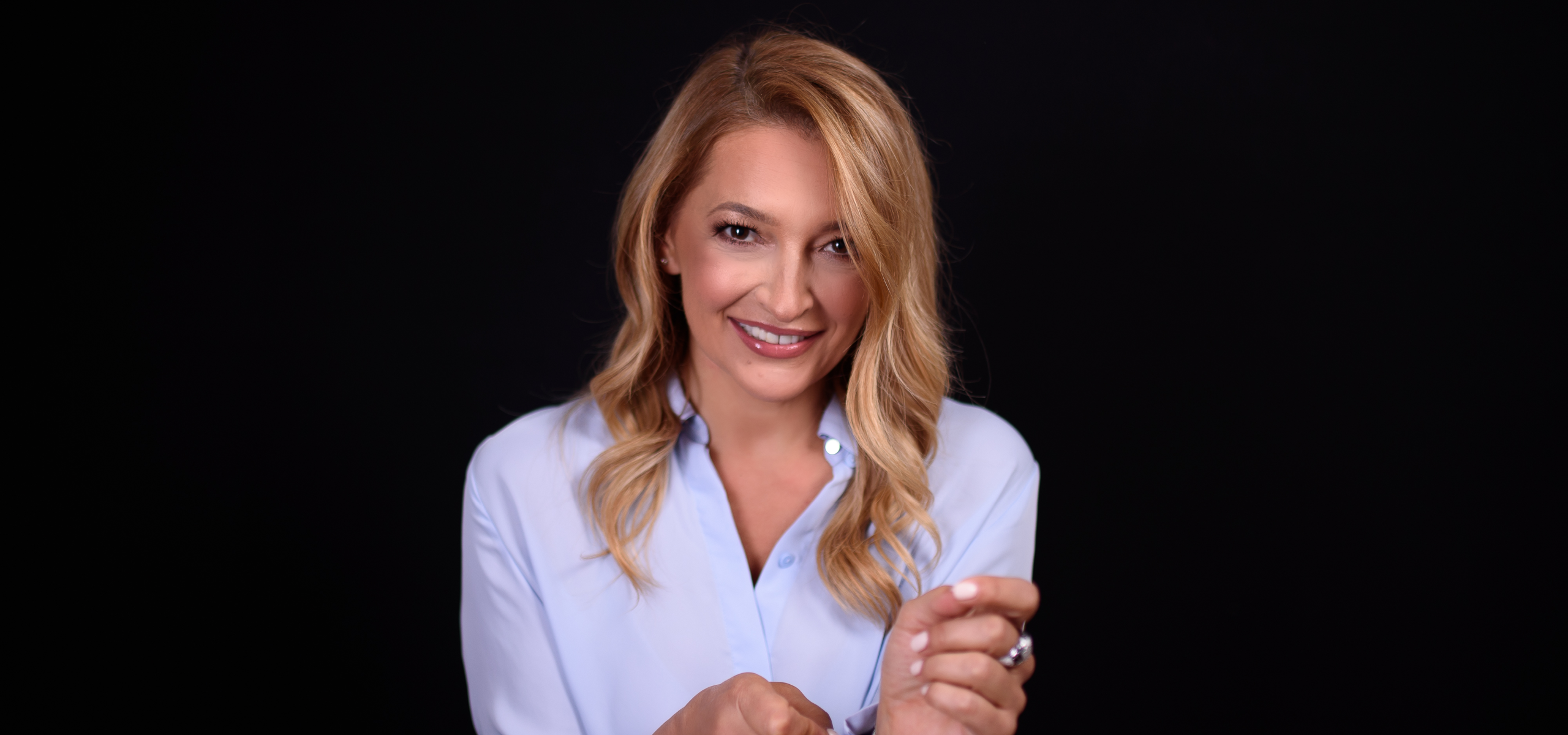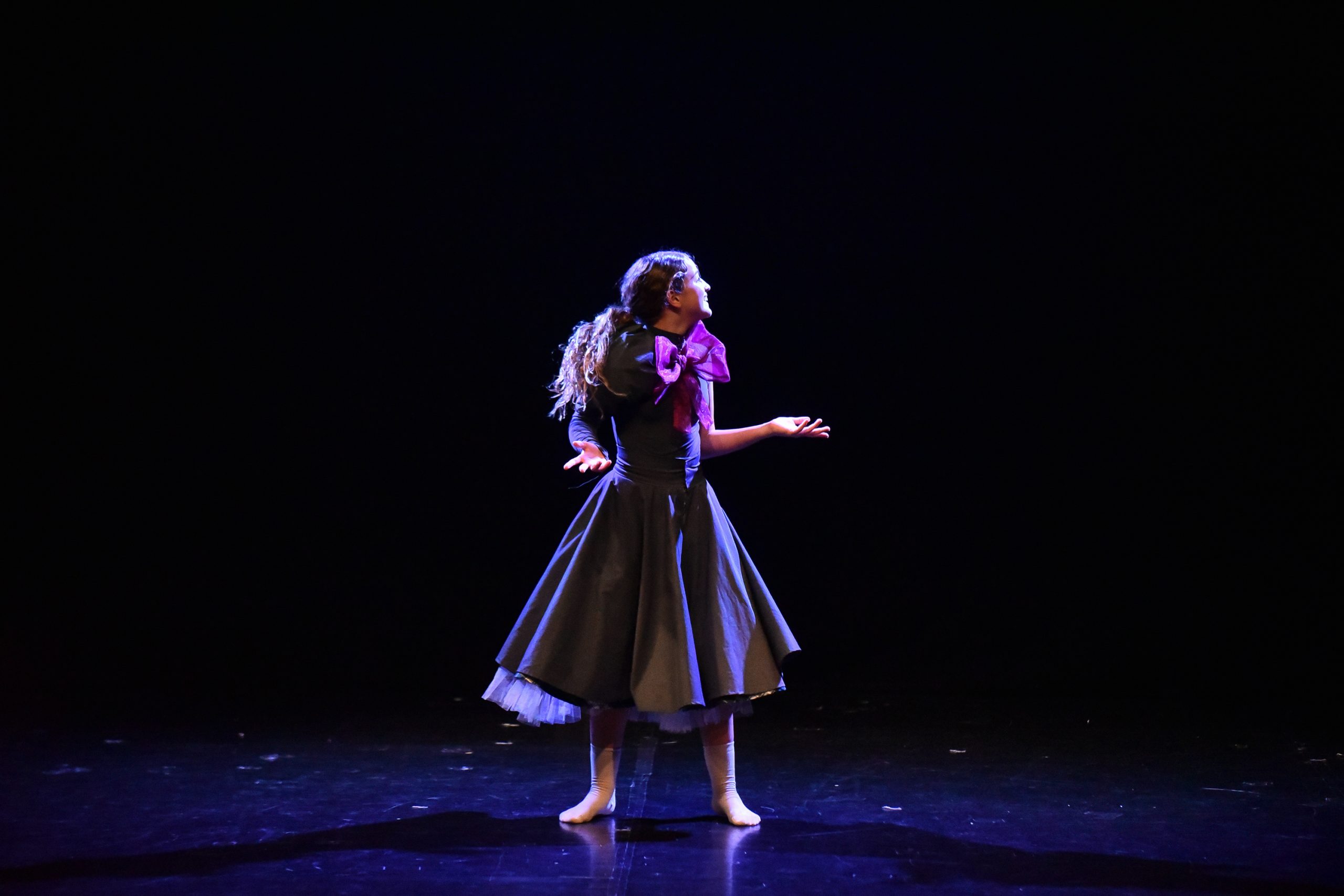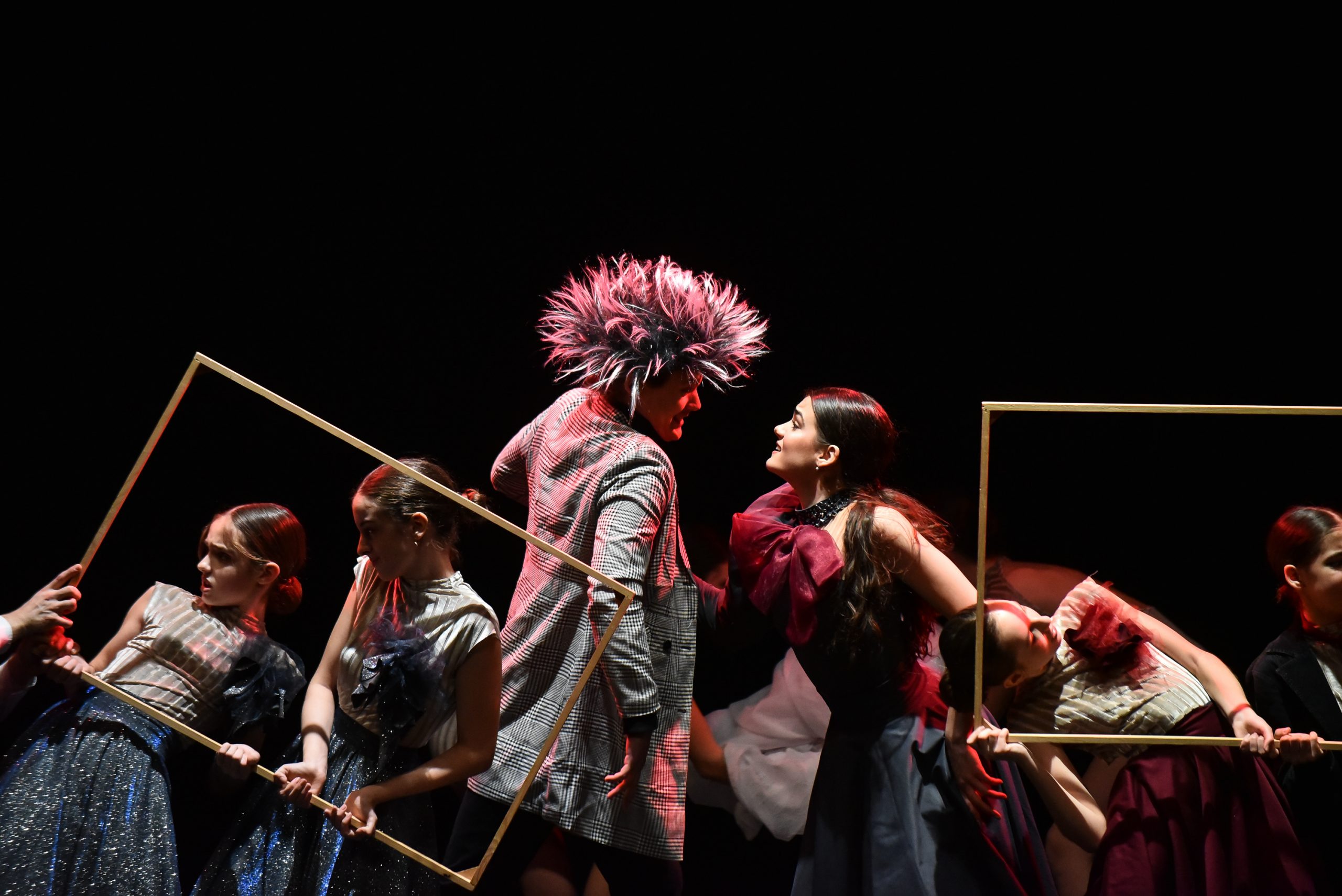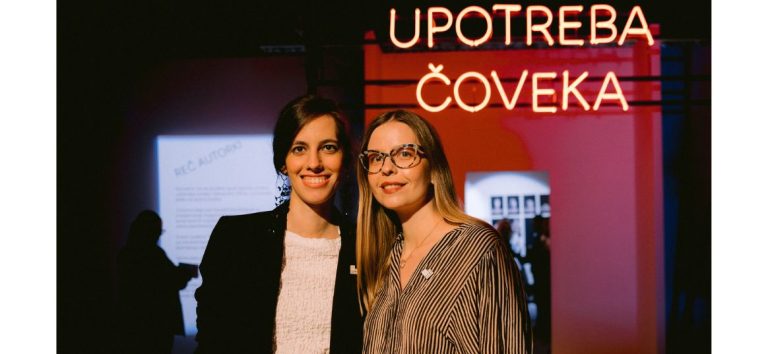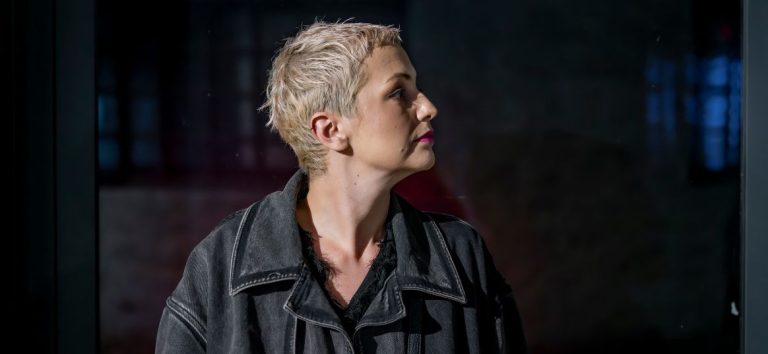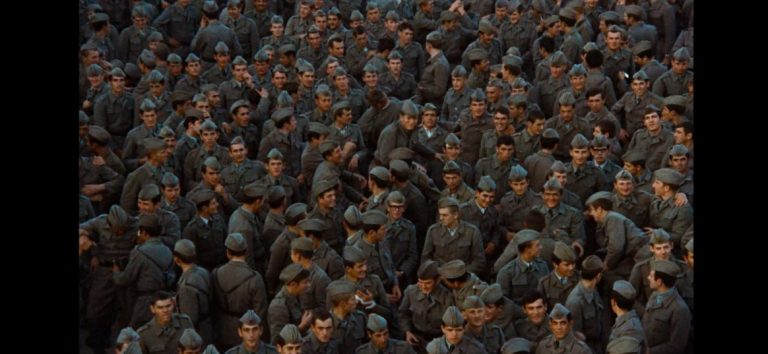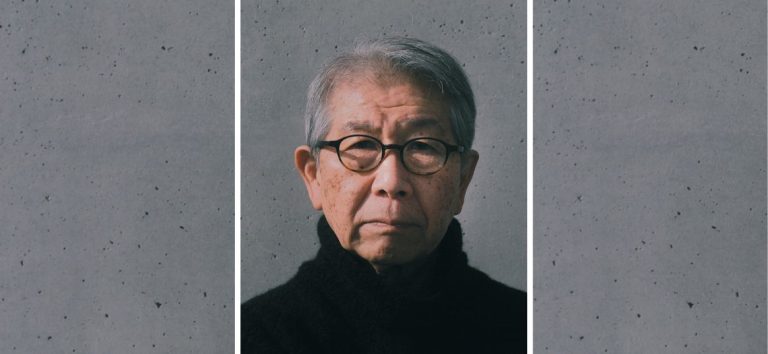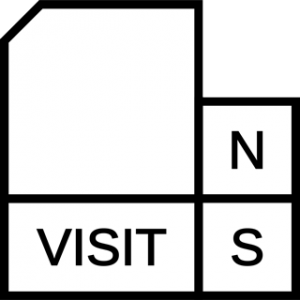Since 1993, when it was first formed, the ‘Viva Dance’ dance studio has been a place where many Novi Sad youngsters learned about the beauty and diversity of dance expression, had their first dance steps and won trophies and medals in big dance competitions. The I am Mileva Marić Einstein musical, which attracted great attention of the public, was produced in dance halls of the Viva Dance studio, thanks to the famous Novi Sad choreographer Gordana Oreščanin.
Gordana Oreščanin has been praised for her work on musicals about significant historical figures. In light of new performances of the I am Mileva Marić Einstein musical in the Serbian National Theatre on 13 and 14 February, we talked with Gordana about her impressive career, pedagogical work, creative process, but about Mileva Marić Einstein and how she was inspired by her as well.
I Am Mileva Marić Einstein, produced by your dance club Viva Dance, attracted great attention of the public. How did you come up with the idea for this play?
– I plan way ahead every new portrayal of an important historical figure in the format of a musical (for instance, I already know what we’re going to do in 2022) and I try to stage a new musical each year. I try anew to convince the audience and the public that Mileva is an important figure for everyone’s general knowledge, and not just for me, even though it’s always about someone that either changed my life or made me think about life and the way the world functions. After our musical about Isadora Duncan, who hasn’t been heard of by many people before, we can proudly say we made a change in our society by sharing her life and work with the broader public. Consequently, no one was left untouched after watching the play and no one is indifferent at the mention of her name today. That was my goal. After such great success, it was difficult to do anything else because I knew people would always compare the new musical with the previous one. I often talk about my work with different artists and some dear people from various fields in culture. One such conversation with the director of the Gallery of Matica Srpska, Tijana Palkovljević, initially helped us think of Mileva Marić Einstein as the right person for our next musical. Because of this, we both like to say this musical about Mileva is her ‘godchild.’
This play probably carried huge responsibility, given this was a woman whose life and work are still deemed mysterious and intriguing. What was your vision of Mileva Marić Einstein for this play? What was the essence you wanted to convey?
– I always, consciously and on purpose, choose people whose lives are deemed ’mysterious and intriguing,’ so the responsibility is always there and it’s not that difficult anymore. If you’re interested in how I portrayed Mileva, watch the play and you’ll get to see my truly straightforward attitude and the message I wanted to communicate, the same one Marie Curie told Mileva ‘You and I aren’t different at all, we just made different choices.’
What would you single out as the most interesting part of Mileva’s biography and what do you respect her for the most?
– I did research for two years and I used literature of those who explored Mileva’s life and work much longer and more thorough. I don’t think the biography is interesting or dull, I just have a strong impression of the enormous strength of her personality, that is, how she gained that strength and why she lost it.
Besides the previously mentioned musical about Isadora Duncan, you also performed musicals about Tesla and Mozart a couple of years ago. How challenging is it to portray lives of prominent historical figures through dance, movement and music?
– Personally, it’s pure pleasure. The most beautiful part are rehearsals in the autumn. I always learn so much from my dancers, actors and singers during the whole creative process, yet all the while they’re thinking I’m the one teaching them something – that’s a priceless experience. I look forward to every September because of that. It keeps me going. It’s been 28 years, 28 dance seasons, and each September brings something new.
On the website of Viva Dance Academy, there is an interesting section about the history of your dance club. It has existed since 1993 and there are newspaper excerpts from the 90s about your dance school. What has changed in these three decades? What did you learn, what challenges did you face and what were your most precious experiences?
– I learned a lot about people, generations, kindness, beauty, culture, nurture, valuing, strength, the number of times you repeat something, discipline, rules, choices. To me, that’s the essence of everything. My most precious experience was all the travelling I did, which, in turn, gave me dance, knowledge and attitude that I have nowadays.
During your education, in addition to the master’s degree in Sports and Physical Education and two years of teaching in Slovenia, where you learned from the best Slovenian and American choreographers, you also had the opportunity to improve your skills on Broadway. How will you remember those days?
– Broadway and my stay in New York were like a dream that lasted only a short time, but that particular experience was extremely powerful and it influenced me a lot. I learned so much in New York, I absorbed new information like a sponge. Today, I try to pass that knowledge onto my dancers. Actually, it was exactly then that I became interested in theatre more than in dance competitions. Broadway was the place that didn’t leave me indifferent, and there are not many places like that.
The list of awards and acknowledgements you won during your career is truly impressive. Do you remember your first competition and your first award? What do you think of your beginnings now, from the perspective of a renowned choreographer and a dance professor?
– Yes, I do, and that first trophy still has a special place in my home – the World Championship in Modern Dance for Adults (Szczecin, Poland) trophy from 1998. It’s shaped like a giant crystal vase that I use every day and it must be filled with flowers at all times. In addition to that, I have a postcard that all my dancers who participated in the competition presenting Yugoslavia, signed. These people are grown-ups today, with families and careers, and I gladly remember each one of them. They often bring their children to my dance studio. Is there anything better than that?
How does the creative process of coming up with a choreography for stage performance look like?
– Well, that’s a very professional question, I’m not sure you have that much time. [laughs] Let me try to sum it up – there’s something called an inspiration, a trigger, or an X factor. Whatever you wanna call it, the point is you have to have an idea about what you want to say, about what hurts you or what you love. Then, you have to answer the following: with whom, how and how long. I search for inspiration in myself, i.e. my experiences. Luckily, I still manage to find it, and I hope I’ll be able to find it in the future as well. This probably means I’m alive, and it’s not easy being alive here nowadays.
What do you think of the Novi Sad dance scene? To what extent do young people have a chance of having a dance career in Serbia?
– There’s no right answer to this. To be honest, dance is really underrated, even in our city, which is the centre of dance and culture in Serbia, I believe. The interest in dance is reflected in the number of dance schools, dance clubs, dance centres, dance groups – therefore, the interest of young people and children is extremely high. However, the fact that Serbia doesn’t have higher educational institutions that could help nurture, guide and enable people to live off of dance, indicates that there are no jobs with dance here. But, not to sound pathetic, I think our time is yet to come.
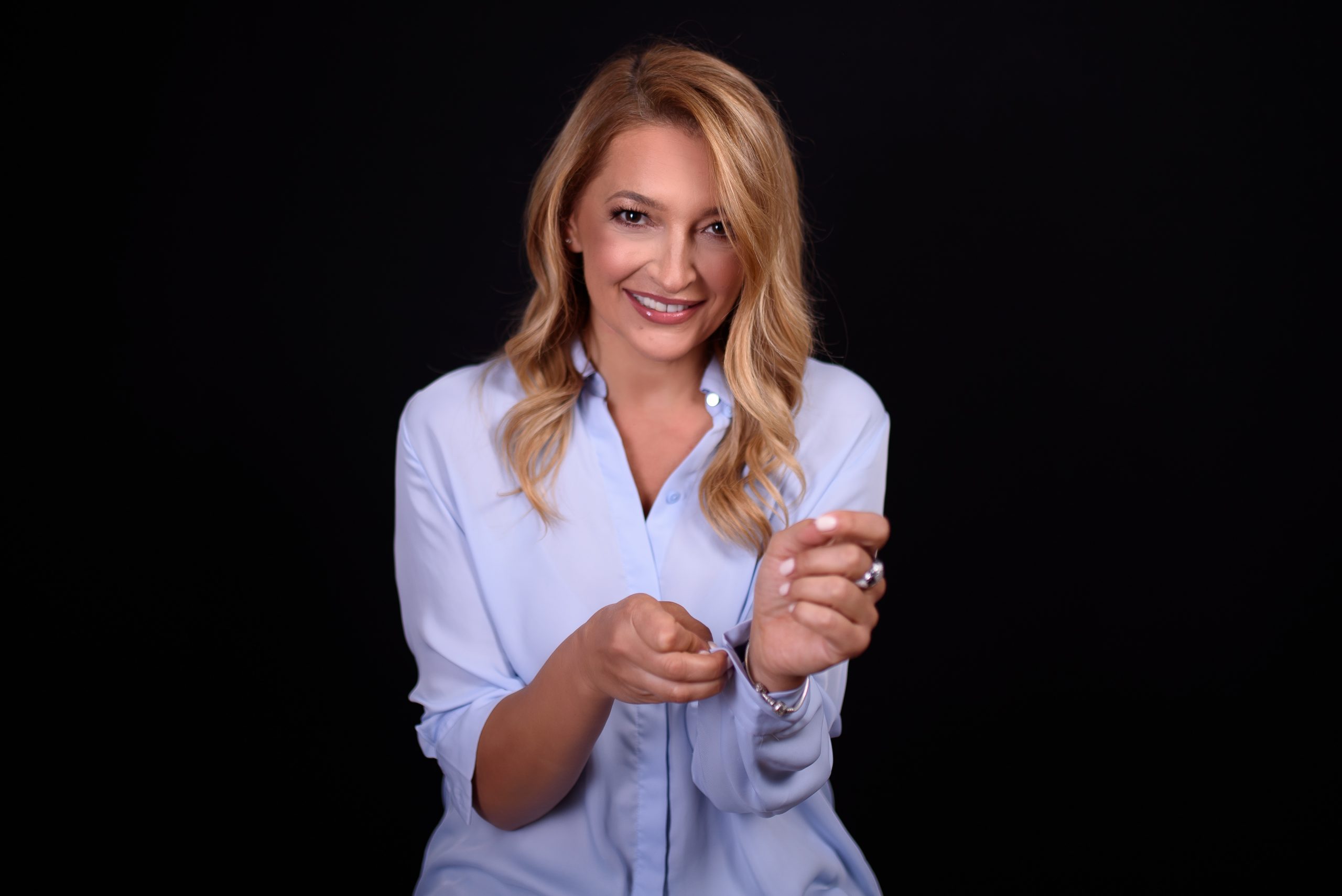
What values do you try to teach your students and what advice do you give them?
– Freedom and choice are the key words – everything is our freedom of choice, our choices differentiate us, they identify us, we have to be strong and knowledgeable enough in order to choose, and we also have to fight for our freedom and for all other choices. For starters, you can choose whether or not you want to dance, work hard, express yourself in one way or another, or in no way at all, whether you’re going to present yourself as an equal or not… Choices are all around us, and if you don’t see that, you’re not living life to the fullest.
What are your favourite places in Novi Sad? Where do you like to spend your free time and what places would you recommend to someone visiting Novi Sad for the first time?
– The Petrovaradin Fortress. Quay. The Danube.
What events in Novi Sad you never miss? Do you have fond memories of any event in particular?
– Sterijino pozorje, for sure.
Photo: Private archive

